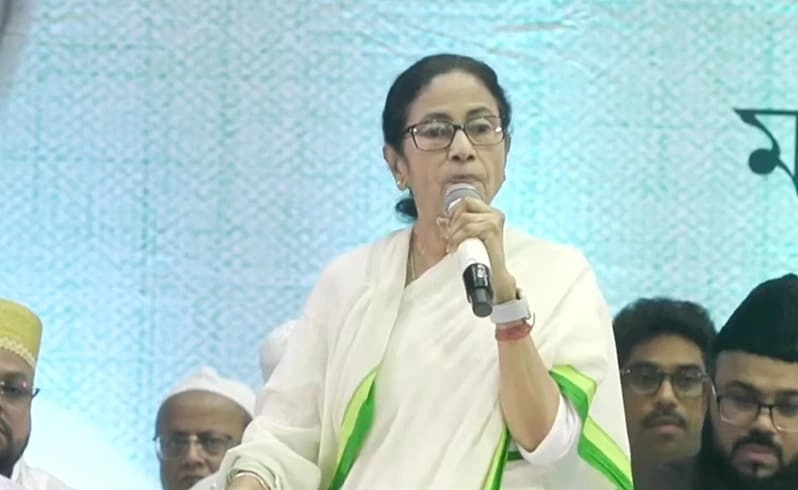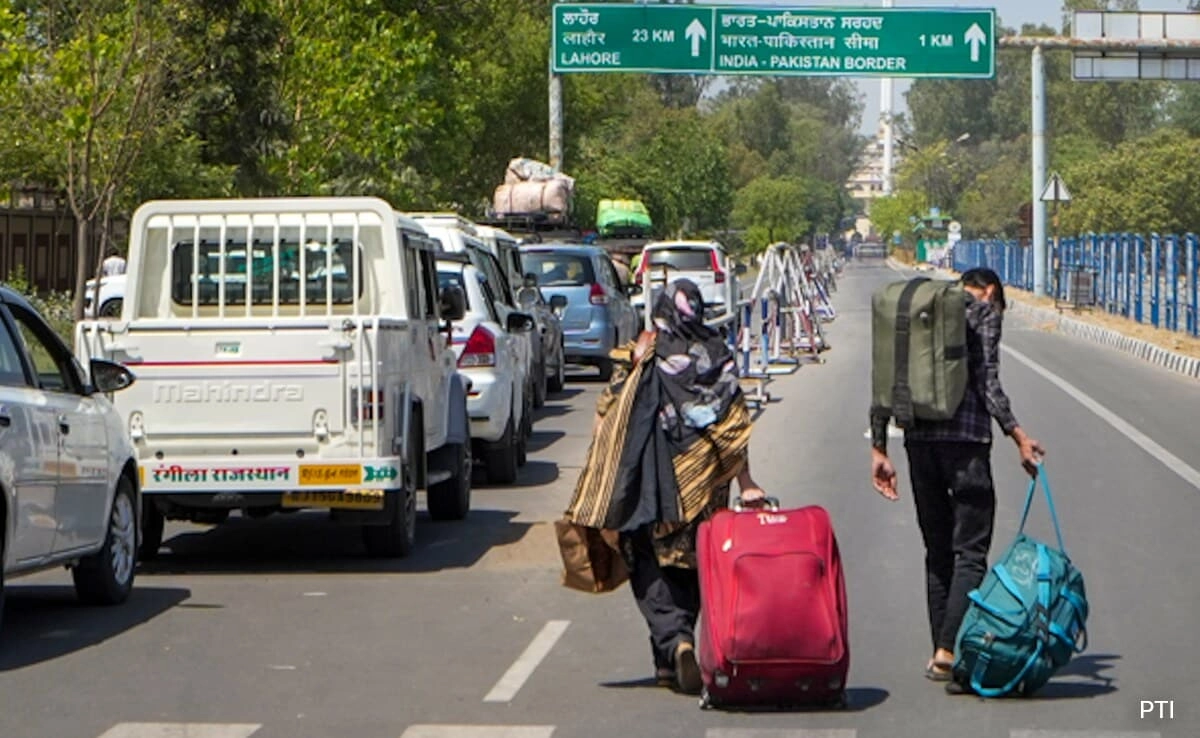West Bengal Chief Minister Mamata Banerjee recently expressed her astonishment and concern regarding an incident involving a resident of Bengal who received a notice from the Assam Tribunal. This situation has sparked significant discussions and raised questions about the implications of such actions on inter-state relations and the lives of ordinary citizens. The man in question, who was reportedly taken aback by the legal notification, found himself embroiled in a bureaucratic process that he had not anticipated, highlighting the complexities of citizenship issues in the region.
Mamata Banerjee’s reaction underscores a broader sentiment among many residents who feel vulnerable amid the ongoing discourse surrounding citizenship and identity, particularly in the northeastern states of India. The Assam Tribunal was originally set up to address issues stemming from the National Register of Citizens (NRC) and has the authority to determine the citizenship status of individuals. This particular case raises alarms about the potential for similar situations to occur in West Bengal, leading to fears of disenfranchisement among its residents. Banerjee’s remarks reflect a sense of urgency to protect the rights of individuals and ensure that no citizen is unjustly targeted.
Furthermore, the incident has ignited discussions about the need for a more comprehensive approach to citizenship laws and their implementation. Critics argue that such bureaucratic measures can lead to discrimination and exacerbate existing tensions between communities. In her statements, Banerjee called for a review of the current policies, emphasizing the importance of safeguarding the rights of all citizens, regardless of their background. The situation serves as a reminder of the delicate balance that must be maintained in addressing issues of identity and belonging, particularly in a country as diverse as India.
As the situation unfolds, it is crucial for state and national leaders to engage in constructive dialogue to address the concerns raised by this incident. The implications of citizenship notifications extend beyond legalities; they touch upon the very fabric of society, influencing how individuals perceive their place within the nation. Mamata Banerjee’s response is not merely a reaction to a single case but part of a larger narrative about the rights of citizens and the responsibilities of the state to protect those rights. It is a call to action for all stakeholders to work together in fostering an environment of inclusivity and understanding in the face of rising challenges.




